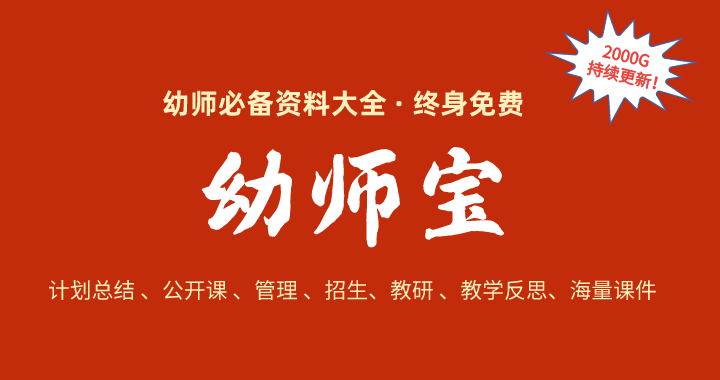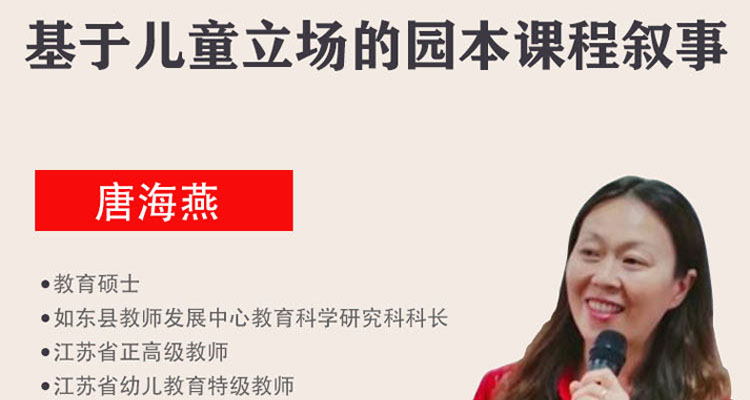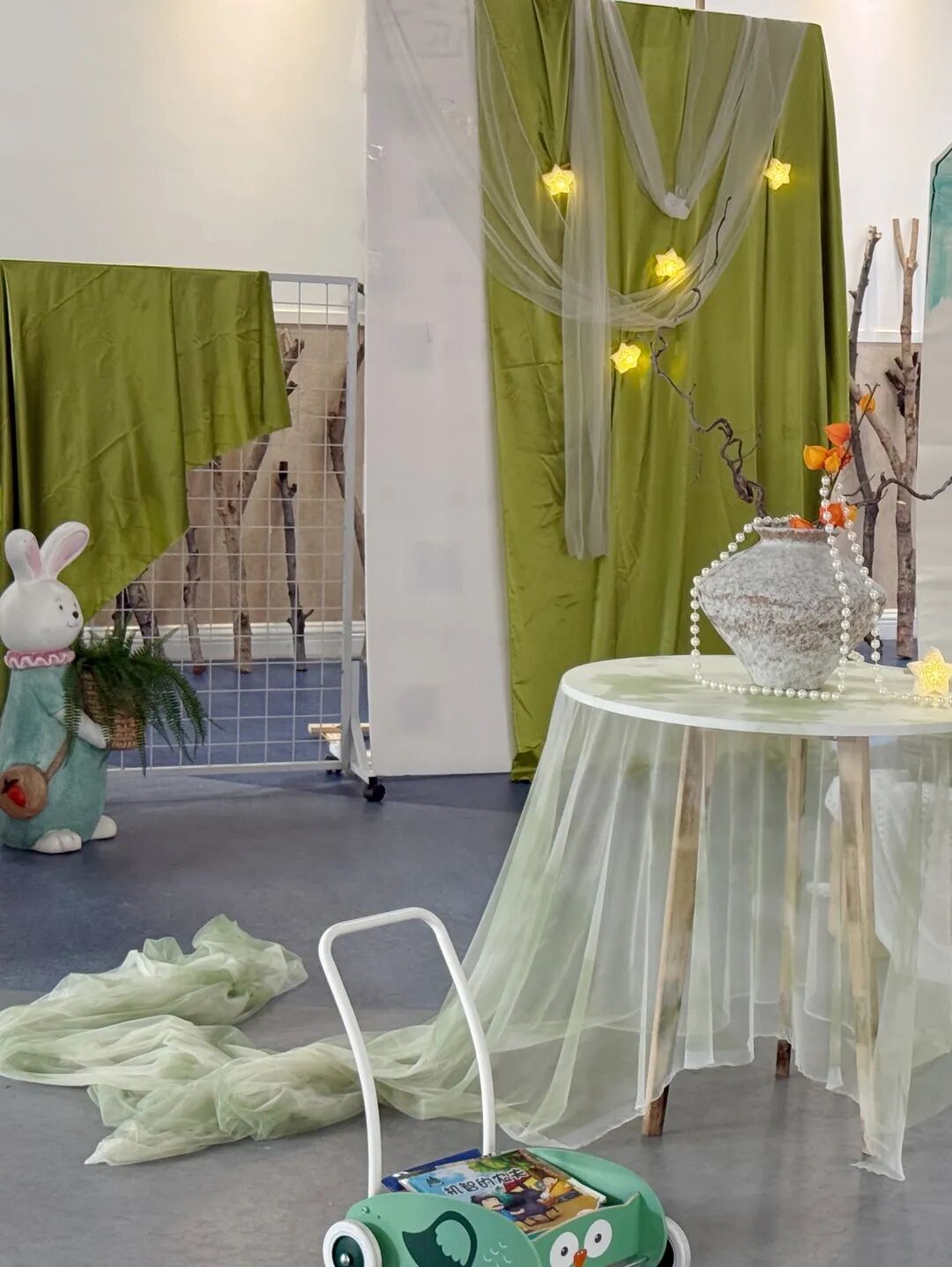别样小寒
乐暖冬日
名字:小寒
寓意:天气开始寒冷
时间:1月5日、6日或7日
太阳位置:黄经285
花信风:一侯梅花,二侯山茶,三侯水仙
Name: Xiao Han
Meaning: The weather is starting to get cold
When: January 5, 6 or 7
Sun position: 285 ecliptic longitude
Flower trade winds: First plum blossom, second camellia, third narcissus.
”
小寒,二十四节气中的第二十三个节气,意思是寒气还没有达到最盛。不过近些年的气象资料显示,多数年份小寒时的气温都低于大寒时的气温,人们认为最冷的“三九天”也在小寒,因此还有“小寒胜大寒”的说法。小寒时节,无论是北方的干冷,还是南方的湿冷,都让人难以忍受。
Xiaohan, the twenty-third of the twenty-four solar terms, means that the cold has not yet reached its peak. However, the meteorological data of recent years show that in most years, the temperature during the little cold session is lower than the temperature during the very cold session, and people believe that the coldest “39 days” are also in the little cold session, so there is a saying that “the very cold session is better than the little cold session”. In the cold season, whether it is dry and cold in the north or wet and cold in the south, it is unbearable.
Xiaohan phenology
“一候雁北乡【xiàng】;二候鹊始巢;三候雉始雊【gòu】。 ”古人认为候鸟中大雁是顺阴阳而迁移,此时阳气已动,所以大雁开始向北迁移;此时北方到处可见到喜鹊,并且感觉到阳气而开始筑巢;“雉鸲”的“鸲”为鸣叫的意思,雉在接近四九时会感阳气的生长而鸣叫。
” A wait for Yanbei Township [xiàng]; The second magpie begins to nest; Three pheasants start to grow [gòu]. “The ancients believed that the geese in the migratory birds migrated along the yin and yang, and at this time the yang energy had moved, so the geese began to migrate northward; At this time, magpies can be seen everywhere in the north, and they feel the yang energy and begin to build nests; The “robin” of “pheasant” means to chirp, and the pheasant will feel the growth of yang energy and chirp when it is close to forty-nine.
|
|
|
雁北乡|Yanbei Township:
《吕氏春秋·季冬纪》高诱注中说:“雁在彭蠡(lǐ)之泽,是月皆北乡,将来至北漠也。冬候鸟中的大雁,顺着阴阳而迁徙。这时阳气已动,所以大雁从南方的洞庭湖向北方迁移,有的飞到北方的沙漠中,有的飞到青海湖鸟岛,有的飞到俄罗斯贝加尔湖一带,繁育幼雏。
In the high lure note of “Lü’s Spring and Autumn ? Season and Winter Chronicles”, it says: “The wild goose is in the Ze of Peng Li (lǐ), which is the northern township of the moon, and will also go to the northern desert in the future.” The geese among the winter migratory birds migrate along the yin and yang. At this time, the yang energy has moved, so the geese migrate from Dongting Lake in the south to the north, some fly to the desert in the north, some fly to the Bird Island of Qinghai Lake, and some fly to the Baikal area of Russia to breed young.
鹊始巢|Magpie’s Nest:
意思是说,喜鹊开始筑巢。喜鹊经常把巢穴筑在居民区附近的大树顶端。它们对筑巢很讲究,筑巢时间很长,为了赶在来年3月份繁殖期前结束这项工程,雄喜鹊和雌喜鹊一起,在小寒时就开始衔来树枝、泥土、绒毛等材料搭建巢穴。由于喜鹊的巢穴豪华醒目,一些善营巢的鸟就霸占喜鹊的巢穴。“鸠占鹊巢”这个成语说的就是红脚隼侵占喜鹊的巢穴。
Meaning, the magpie began to build its nest. Magpies often build their nests on the top of large trees near residential areas. In order to finish the project before the breeding season in March of the following year, male magpies and female magpies begin to build nests with branches, soil, fluff and other materials when it is cold. Because of the magpie’s nest is luxurious and eye-catching, some birds that are good at nesting occupy the magpie’s nest. The idiom “doves occupy magpies’ nests” refers to the red-footed falcon encroaching on the magpie’s nest.
|
|
|
雉始雊|Pheasant Beginning:
小寒的第三个物候叫作“雉始雊”,指的是雉鸟开始鸣叫。雉,指野鸡。野鸡是十分耐寒的动物,它们在零下35摄氏度时仍然在冰天雪地活动,这时候,雄性野鸡拖着长长的尾羽,在朝阳升起时挥舞着双翼,发表爱情的宣言。
Xiaohan’s third phenology is called “Pheasant Shiyu”, which refers to the pheasant bird starting to chirp. Pheasants are hard animals, they are still active in the snow and ice at minus 35 degrees Celsius, and at this time, the male pheasant drags his long tail feathers and waves his wings when the morning sun rises, making a declaration of love.
山茶花开|Camellia blooms:
“雪深红欲燃”的山茶通常在冬至末开始盛放,一直开到次年暮春。一朵朵硕大、猩红的山茶花镶嵌在山茶树那茂密的绿叶间,犹如艳丽夺目的锦缎。
Camellia sinensis usually begins to bloom at the end of the winter solstice and blooms until late spring of the following year. Large, scarlet camellia flowers are embedded in the dense green leaves of the camellia tree, like a dazzling brocade.
|
|
|
窗上结霜花|Frost flowers on the window:
北方极度寒冷的冬天,清晨玻璃窗上会结一层厚厚的霜花。那是大自然用神奇的双手绘制而成的精美图案,但这美丽很短暂,过不了多久,暖暖的阳光就使这图案融化了。窗上为什么会结霜花呢?室外的温度比室内的温度低很多,玻璃窗上的温度也就比室温低,这时室温度较高的水蒸气遇到温度较低的窗户,就会在玻璃窗上凝华,形成霜花。
In the extremely cold winter in the north, a thick layer of frost will form on the glass windows in the early morning. It was a beautiful pattern drawn by nature’s magical hands, but it was short-lived, and it didn’t take long for the warm sunlight to melt the pattern. Why do frost flowers form on the windows? The outdoor temperature is much lower than the indoor temperature, and the temperature on the glass window is also lower than the room temperature.
Customs and farming
腊八节|Laba Festival:
农历腊月初八是腊八节,多在小寒的前后。腊八节当然要喝腊八粥了,腊八粥是用江米、小米、黄米、赤豆、杏仁、莲子、红枣等混合煮成的粥。除了腊八粥,腊八节这天的美食还有腊八蒜、腊八面、腊八豆腐等.腊八节源于我国古代的“腊祭”。腊祭包括祭祀和祷祝两个方面。祭祀指用干物献八谷星神,表示庆丰收。干物称“腊”,“八”指八谷星神,所以叫“腊八”。腊祭在每年的农历腊月初八这天举行, 腊月初八亦称“腊八”。祷祝是腊祭的一个重要方面,内容是祈求来年风调雨顺,确保农业丰收。
The eighth day of the lunar month is the Laba Festival, mostly before and after Xiaohan. Laba porridge is a mixture of Jiang rice, millet, yellow rice, red beans, almonds, lotus seeds, red dates, etc. In addition to Laba porridge, the delicacies of Laba Festival include Laba garlic, Laba noodles, Laba tofu and so on. Laba Festival originated from the ancient “Lap Sacrifice” in China. There are two aspects of the ritual, the sacrifice and the prayer. Sacrifice refers to the sacrifice of dry objects to the God of the eight grains and stars, indicating the celebration of the harvest. The dry thing is called “Laba”, and “Ba” refers to the God of the Eight Grains, so it is called “Laba”. The festival is held on the eighth day of the lunar month every year, and the eighth day of the lunar month is also known as “Laba”. Prayer is an important aspect of the ritual, which is a prayer for good weather in the coming year to ensure a good agricultural harvest.
|
|
|
小寒食俗|Xiaohan food customs:
过去很多地区的人们都比较重视小寒节气,小寒时各地有很多不一样的食俗,比如天津人有小寒吃黄芽菜的习俗,南京人习惯在小寒吃菜饭,广州人喜欢在小寒的早上吃糯米饭等等,但现在这些习俗都已经淡化,或许只能从人们的生活习惯中找到一点点痕迹。
In the past, people in many areas paid more attention to the Xiaohan solar term, and there were many different food customs in various places during the Xiaohan, such as Tianjin people had the Xi custom of eating yellow sprouts in Xiaohan, Nanjing people were Xi accustomed to eating vegetable rice in Xiaohan, and Guangzhou people liked to eat glutinous rice in the morning of Xiaohan, etc., but now these Xi customs have been diluted, and perhaps only a little trace can be found from people’s Xi habits.
|
|
|
踏雪赏梅|Walk on the snow and enjoy the plum blossoms:
“墙角数枝梅,凌寒独自开。遥知不是雪,为有暗香来。在滴水成冰的小寒时节,梅花却冒着严寒,独自绽放,那雪一样洁白的花瓣散发出阵阵幽香,令人沉醉。梅花坚强、谦虚、高洁的品格令人赞叹。在“中国传统十大名花评选”活动中,梅花力压牡丹,排名第一。
梅花还有粉红、大红、紫红等颜色,在洁白的雪世界里艳极绝美。踏雪赏梅是一件浪漫风雅的事。据说唐代大诗人孟浩然常常冒着大雪,骑着驴子寻赏梅花。
“There are a few plums in the corner, and Ling Han opens it alone. I know that it is not snow, but there is a dark fragrance. In the cold season, the plum blossoms brave the cold and bloom alone, and the snow-white petals exude a burst of fragrance, which is intoxicating. The strong, modest, and noble character of the plum blossom is admirable. In the “Selection of Top Ten Traditional Chinese Flowers” activity, plum blossoms beat peonies and ranked first.
Plum blossoms come in pink, red, and purple colors, and are beautiful in the white snow. Walking in the snow and appreciating plum blossoms is a romantic and elegant thing. It is said that the great poet Meng Haoran of the Tang Dynasty often braved the heavy snow and rode a donkey to enjoy plum blossoms.
作物防寒|Crops are protected from cold:
小寒时,北方基本已没有什么农活儿可做,劳累了一年的农民是时候休息一下了。南方的农民还要继续劳碌,给小麦、油菜等越冬作物追施冬肥,防寒防冻。
In the cold season, there was basically no farm work to do in the north, and it was time for the farmers who had been tired for a year to take a break. Farmers in the south should continue to work hard and apply winter fertilizer to wheat, rapeseed, and other overwintering crops to protect them from cold and frost.
|
|
|
Xiaohan poems
《梅花绝句二首》 其二
宋 陆游
幽谷那堪更北枝,
年年自分著花迟。
高标逸韵君知否?
正是层冰积雪时。
“Two Plum Blossom Quatrains” Part 2
Song Lu You
The valley is more northern,
Every year, it is late to divide the flowers.
Do you know Gaobiao Yiyun?
It is when the layer of ice and snow accumulates.
《梅花》
宋 王安石
墙角数枝梅,
凌寒独自开。
遥知不是雪,
为有暗香来。
Plum Blossoms
Song Dynasty Wang Anshi
A few plums in the corner,
Ling Han drove alone.
Remote knowledge is not snow,
For there is a dark fragrance to come.
腊月已经到了,春节还会远吗?
腊八以后,过年的气氛越来越浓厚了,你知道人们要忙着准备什么吗?让我们一起学习《小孩儿小孩儿你别馋》这首童谣,为迎接新年的到来而开始准备吧!
小孩儿小孩儿你别馋,
过了腊八就是年。
腊八粥,喝几天
哩哩啦啦二十三.
二十三,糖瓜粘;
二十四,扫房子;
二十五,做豆腐;
二十六,割猪肉;
二十七,宰公鸡;
二十八,把面发;
二十九,蒸馒头;
三十晚上熬一宿;
初一、初二满街走。
扫描下方二维码
了解更多
望京园 Baston.Hope Kingdom:
(010) 64739197 64733884
太阳园 Baston.Sun Palace:
(010) 84413316 84413326
无限园 Baston. Infinity Plaza:
(010) 85738380 85738379
欧陆园 Baston.European Land:
(010) 58236013 59273452
绿城园 Baston.Green Town:
(010) 89316473 89316474
华溢园 Baston.Brilliant City:
(010) 59214810 59214820
首创园 Baston.Creation Square:
(0354) 2516655
培懿园 Baston.Virtue Garden:
(0754) 82772212 82772216
御景园 Baston.Empery Garden:
(0316) 2128662 2128379








